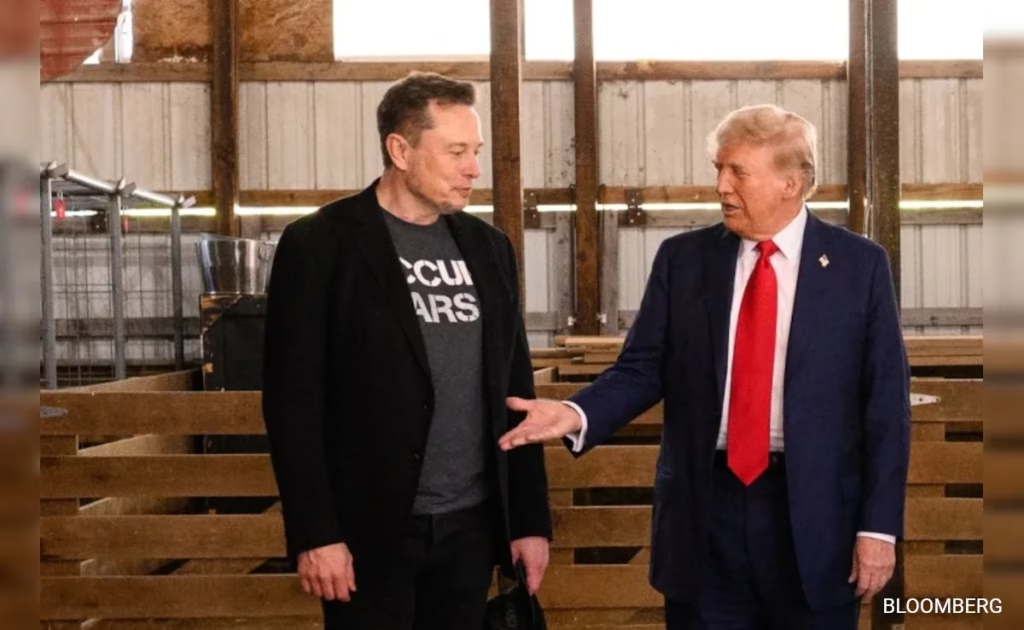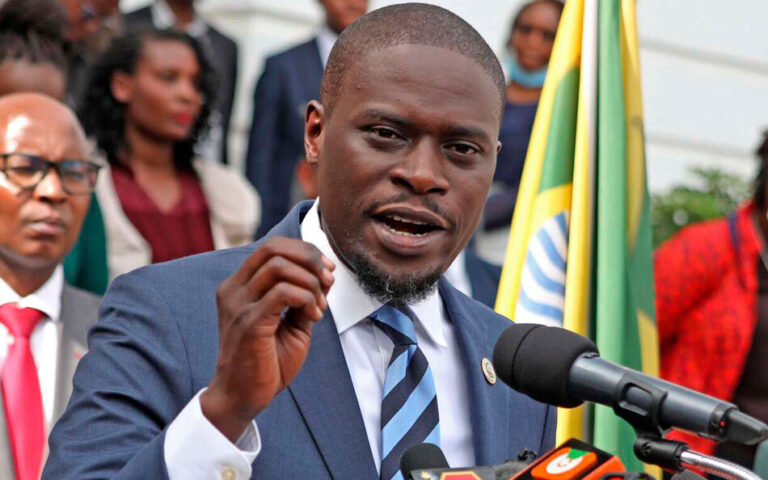
Elon Musk’s tenure in the Trump administration has come to an end, marking a significant shift in the political and technological landscape. His departure raises questions about the future of governmental efficiency initiatives and the interplay between private innovation and public policy.Financial TimesYouTube
In early 2025, Elon Musk was appointed as a special government employee, leading the newly formed Department of Government Efficiency (DOGE). His mandate was to streamline federal operations, reduce bureaucracy, and implement cost-saving measures across various agencies.The Economic Times+13The Scottish Sun+13Reuters+13
The Department of Government Efficiency (DOGE) aimed to cut federal spending by $2 trillion, targeting redundancies and inefficiencies within the government. Musk introduced aggressive reforms, including workforce reductions and the implementation of advanced technologies to automate processes.The Daily Beast+1Reuters+1Reuters
While DOGE reported savings of $175 billion and a reduction of 260,000 federal jobs, critics questioned the accuracy of these figures and the human cost of such measures. Legal challenges and operational disruptions further complicated the department’s efforts.The Guardian+9Reuters+9WSJ+9
Musk publicly criticized President Trump’s latest tax and spending bill, labeling it a “massive spending bill” that increases the federal deficit and undermines DOGE’s objectives. This criticism strained his relationship with the administration.Reuters+7WSJ+7Federal News Network+7The Scottish Sun+3Reuters+3The Daily Beast+3
Musk’s combative style and disdain for federal employees led to clashes with top cabinet members. His actions, including brandishing a chainsaw at a conservative event, sparked controversy and eroded support within the administration.
On May 28, 2025, Musk announced his departure on X, thanking President Trump for the opportunity and expressing confidence that DOGE’s mission would continue.Federal News Network+9mint+9Indiatimes+9
The White House confirmed Musk’s exit, noting that his 130-day tenure as a special government employee had concluded. Officials expressed appreciation for his contributions while acknowledging the challenges faced during his tenure.Time+11The Daily Beast+11WSJ+11
Musk’s focus is expected to return to his core businesses, Tesla and SpaceX. Both companies have faced challenges during his government service, including declining sales and failed launches.The Daily Beast
Musk plans to concentrate on his AI startup, xAI, and other ventures. He announced that Tesla would deliver its first driverless Model Y cars in June 2025, signaling a renewed commitment to innovation.Diario ASmint
Musk’s departure has caused ripples within the Republican Party. While some lawmakers supported his efficiency initiatives, others viewed his criticism of the administration’s spending as a betrayal.
Public response has been mixed, with some praising Musk’s efforts to reduce government waste, while others criticized his methods and the impact on federal employees. Protests against DOGE and Musk’s policies have been reported nationwide.
With Musk’s departure, the future of DOGE remains uncertain. Cabinet secretaries are seeking to regain control over agency operations, aiming to continue efficiency efforts while addressing the controversies that plagued Musk’s tenure.
Elon Musk’s exit from the Trump administration marks the end of a contentious chapter in government reform. While his initiatives sparked debate and controversy, they also highlighted the complexities of implementing private-sector efficiency in public institutions. As Musk returns to his business ventures, the legacy of DOGE and its impact on federal operations will continue to unfold.
Also read: Trump-Putin Relationship: From Allies to Adversaries Amid Ukraine War
FAQs
Q1: Why did Elon Musk leave the Trump administration?
A1: Musk’s departure was due to the conclusion of his 130-day tenure and disagreements with the administration’s spending policies, particularly the “Big Beautiful Bill.”
Q2: What was the purpose of the Department of Government Efficiency (DOGE)?
A2: DOGE aimed to streamline federal operations, reduce bureaucracy, and implement cost-saving measures across various agencies.
Q3: How did Musk’s tenure impact federal employees?
A3: Approximately 260,000 federal jobs were cut during Musk’s tenure, leading to operational disruptions and legal challenges.
Q4: What are Musk’s plans post-departure?
A4: Musk plans to focus on his business ventures, including Tesla, SpaceX, and his AI startup, xAI.
Q5: Will DOGE continue without Musk?
A5: Yes, the White House has indicated that DOGE’s mission will continue, with cabinet secretaries seeking to regain control over agency operations.

